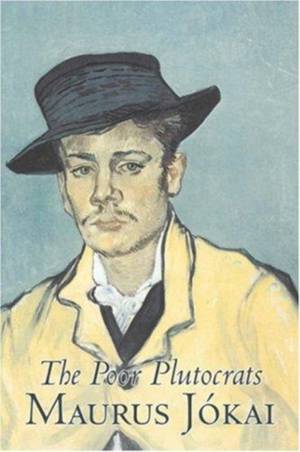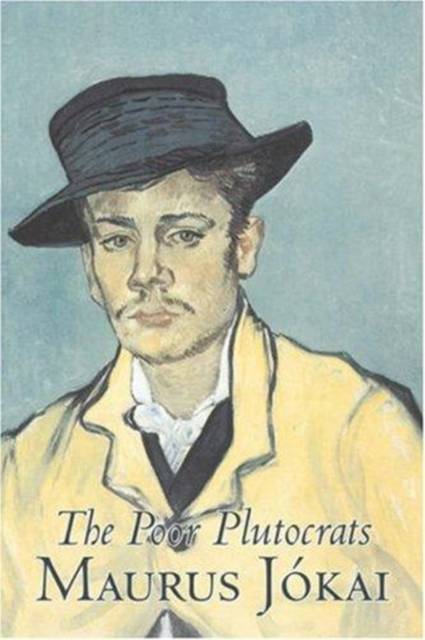
- Retrait gratuit dans votre magasin Club
- 7.000.000 titres dans notre catalogue
- Payer en toute sécurité
- Toujours un magasin près de chez vous
- Retrait gratuit dans votre magasin Club
- 7.000.0000 titres dans notre catalogue
- Payer en toute sécurité
- Toujours un magasin près de chez vous
The Poor Plutocrats by Maurus Jokai, Fiction, Political, Action & Adventure, Fantasy
Maurus Jokai, Maurus JkaiDescription
The tale includes mysterious bandits, counterfeiters, poisoners and murderers, plus portraits of Hungarian and Romanian peasant life in the later 1800s. Jókai rises to the sort of breathless excitement produced by Dumas.
Mór Jókai -- also known as Maurus Jókai -- was a Hungarian dramatist and novelist. He originally studied law and became an advocate in what is now Budapest. Encouraged by the reception of his first play, The Jewish Boy, he turned to writing, producing Working Days, and becoming editor of Életképek, the leading Hungarian literary journal. Following a revolution and the deposition of the Hapsburg dynasty, he became a political suspect. He spent the next fourteen years reviving the Magyar language, producing thirty romances and numerous other works. After the re-establishment of the Hungarian Constitution, he sat in parliament for twenty years, founded and edited the government organ Hon, and was later elevated to the upper house by the king.
Spécifications
Parties prenantes
- Auteur(s) :
- Traducteur(s):
- Editeur:
Contenu
- Nombre de pages :
- 236
- Langue:
- Anglais
Caractéristiques
- EAN:
- 9781603126564
- Date de parution :
- 17-12-07
- Format:
- Livre relié
- Format numérique:
- Genaaid
- Dimensions :
- 152 mm x 229 mm
- Poids :
- 485 g

Les avis
Nous publions uniquement les avis qui respectent les conditions requises. Consultez nos conditions pour les avis.






